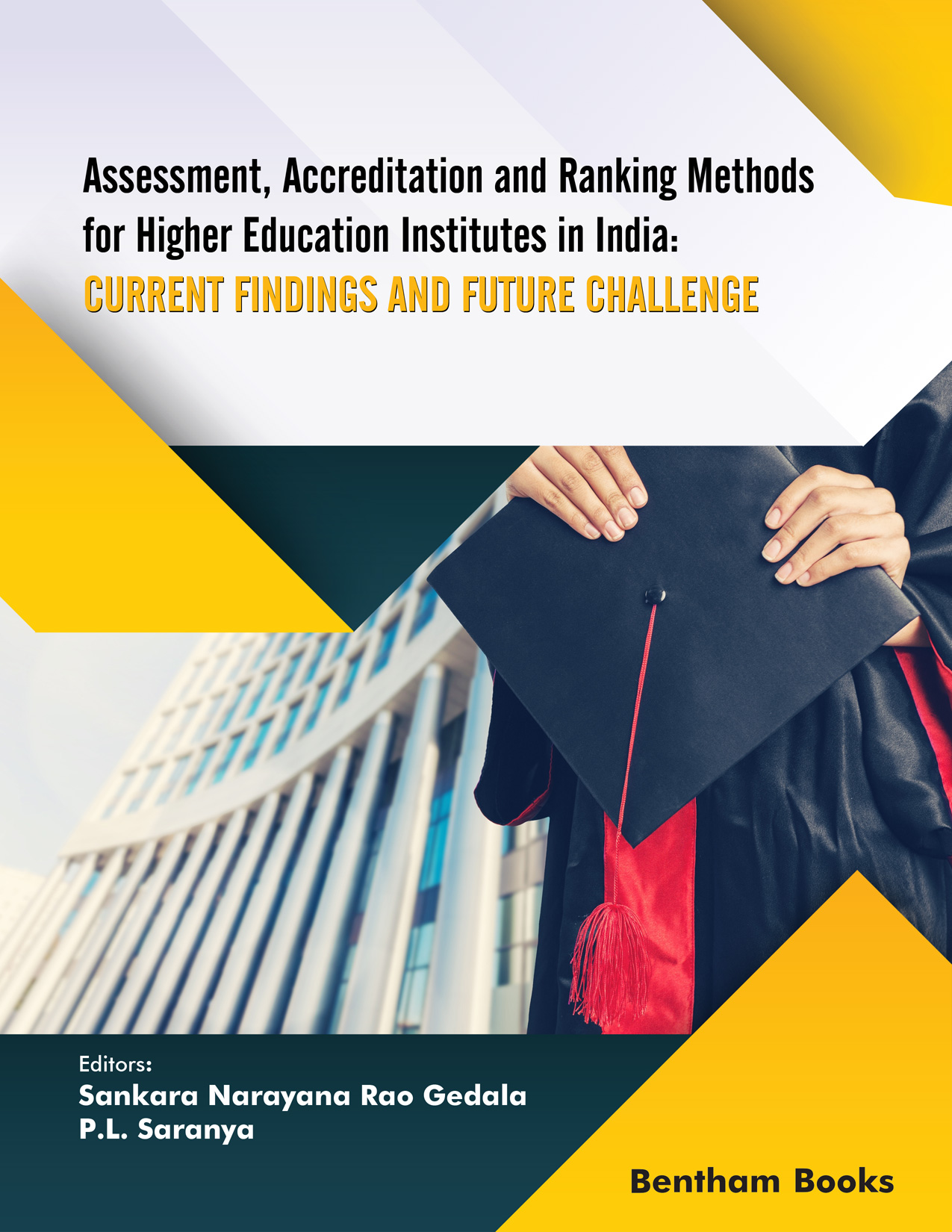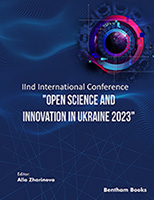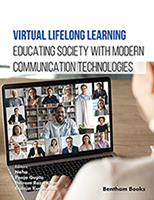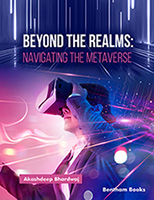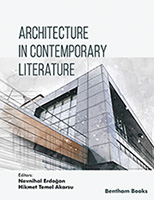Preface
Higher education systems are undergoing a tremendous change, reaches an all time high in recent times. The success of the institutes depends on the adaptability of the technology in the education. The quality in the institutes is connected to the effective utilization of information communication technology (ICT) methods in the institutes. Documentation and data management in the HEIs are the key areas in this direction. The recruiters are are looking for graduates from the accredited educational institutions. All the stakeholders are interested in these institutions. Though the institute accreditation is voluntary, there is a surge in approaching the accrediting councils for obtaining a better grade. In India, the accrediting authority is National Assessment and Accreditation Council (NAAC) and rankings are done by National Institutional Ranking Framework (NIRF). Higher Education Institutions (HEIs) need to understand the recent changes made in the NAAC, NIRF India Rankings process for achieving the better position in the ranking ladder. HEIs have to enrich the learning experiences of their students by providing them with state-of-the-art educational technologies. Facing the NAAC and NIRF is a mammoth and a challenging task that requires experts with in-depth knowledge of the higher education system in India. Research works, views, reviews and experiences of the experienced academicians and administrators are presented in this book.
The authors present their experiences and interpretations of Higher Education systems by providing global perspectives on the issues and challenges. Suggestions for the improvement of rankings in their institutes are also mentioned. Some of the authors are experienced NAAC assessors. The importance of life skills, ethical values and their integration into the curriculum is highlighted in this book. The idea of the book is to help the readers to cope with the changed scenario in bringing academic excellence of HEI. Quality of teaching, student’s perceptions, teaching performance indicators are reviewed. The central theme in this volume is to analyze the new trends in HEI through the lens of ICT usage.
The authors and editors are greatly indebted to University Grants Commission (UGC) for its financial support through Government College for Women, Autonomous grants. I profusely thank Principal, Government College for Women (Autonomous) for hosting the National Conference through which the book project is made possible. I wish the discussions presented in this book open up new collaborations in emerging areas of education research. I hope that the students and academicians would be largely benefited from this book.
Sankara Narayana Rao Gedala
Department of Physics
Goverment College for Women Autonomous Srikakulam
Dr. B.R. Ambedkar University
Srikakulam, A.P.
India

